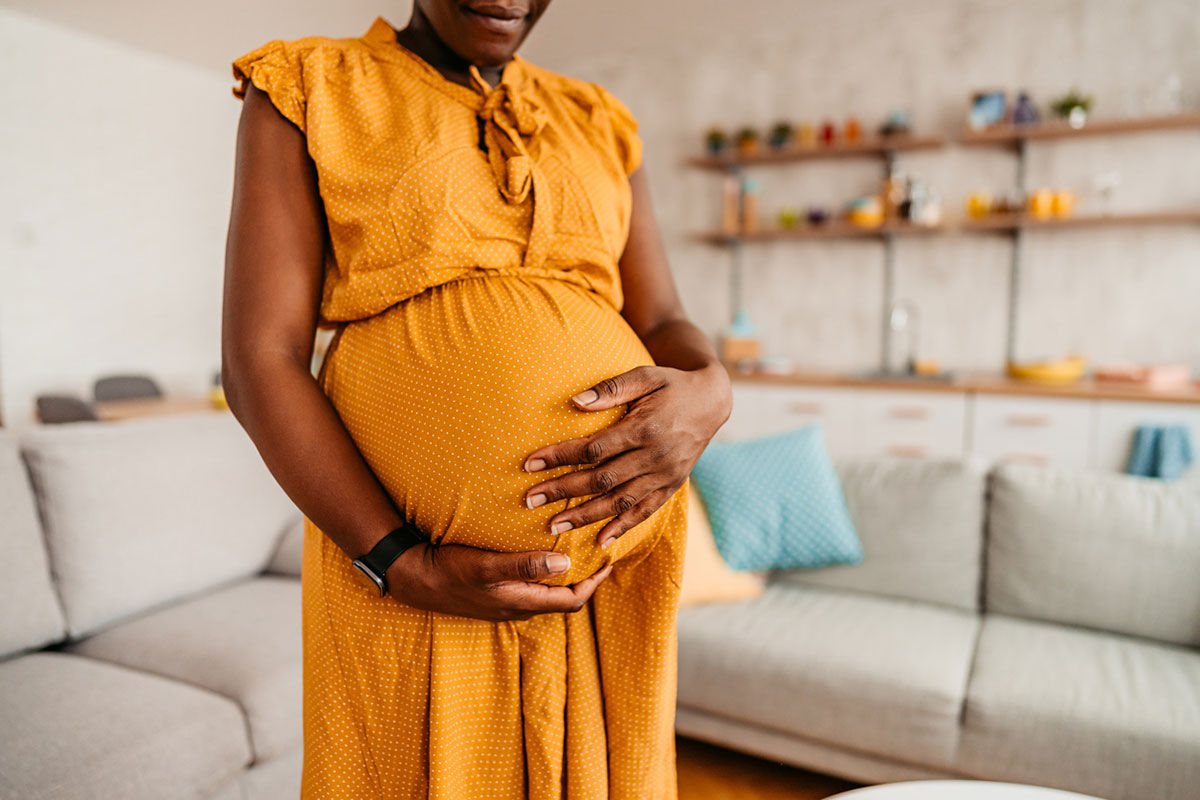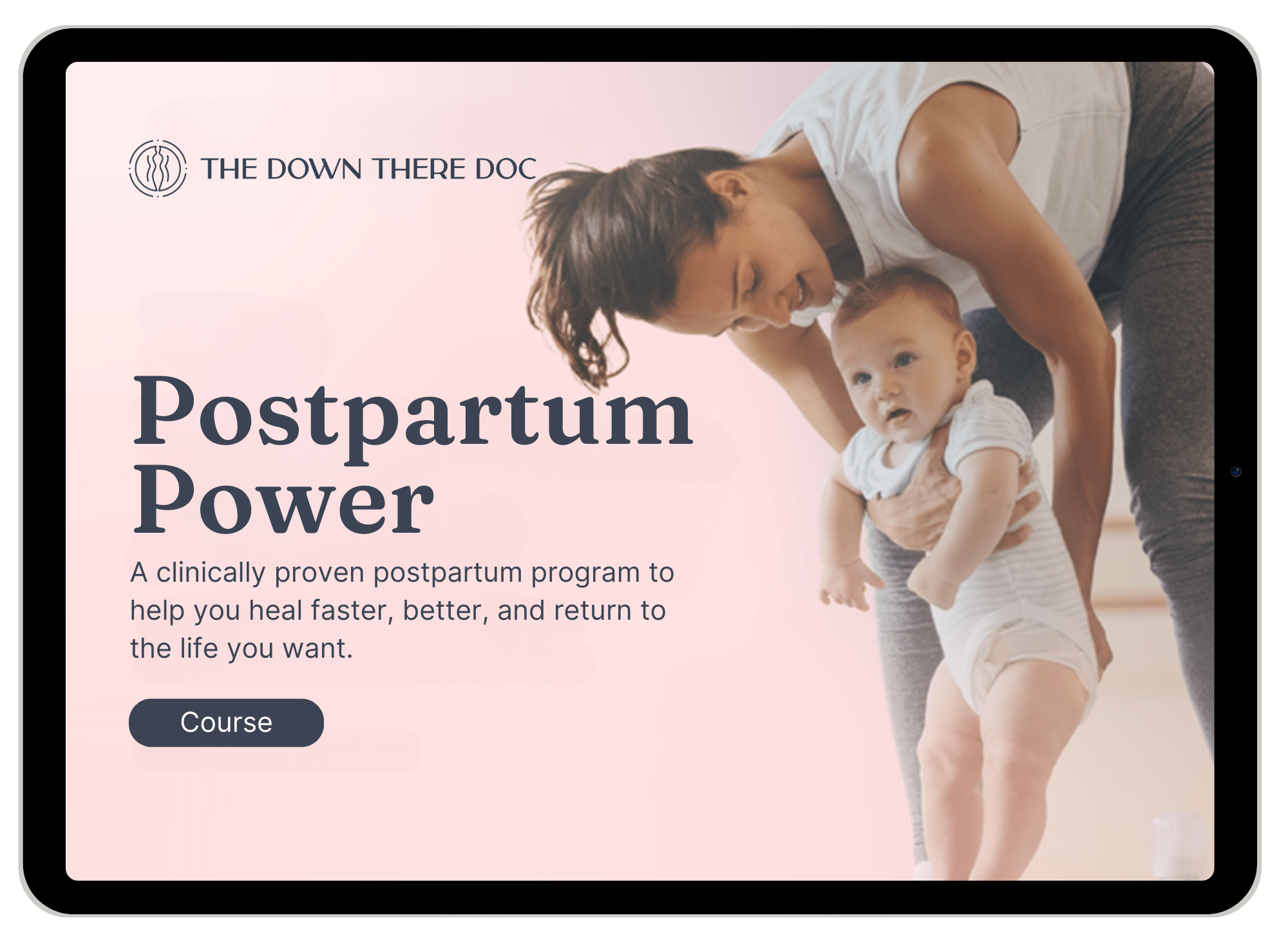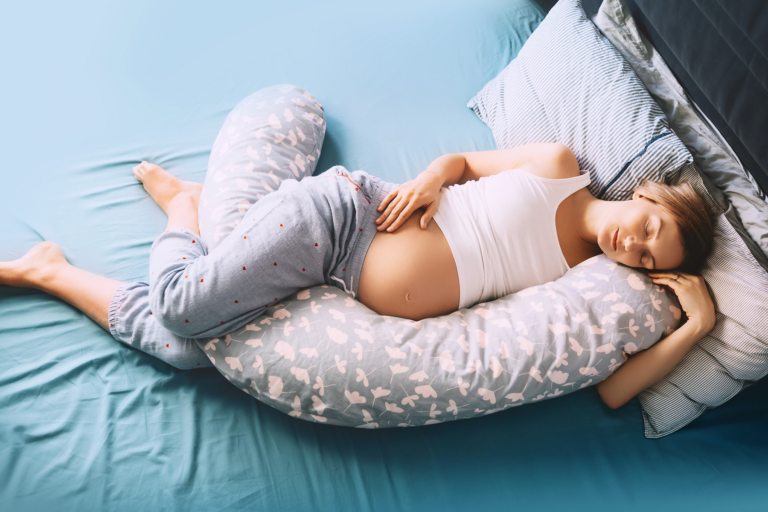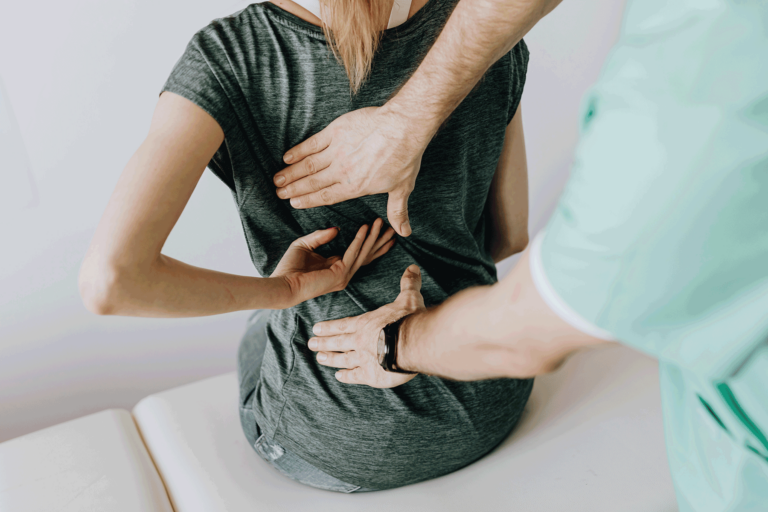One of the lesser-discussed conditions that can arise during pregnancy is vulvar varicosities. These are swollen veins in the vulvar area that can cause pain, discomfort, and embarrassment for many pregnant women.
What Causes Vulvar Varicosities?
Vulvar varicosities occur when the veins in the vulvar area become swollen and dilated. This is similar to varicose veins that can occur in the legs.
During pregnancy, there is an increase in blood volume and pressure in the pelvis, which can put extra stress on the veins in the vulvar area. Additionally, the weight of the growing uterus can compress the veins and make it harder for blood to flow properly, leading to swelling.
See Also
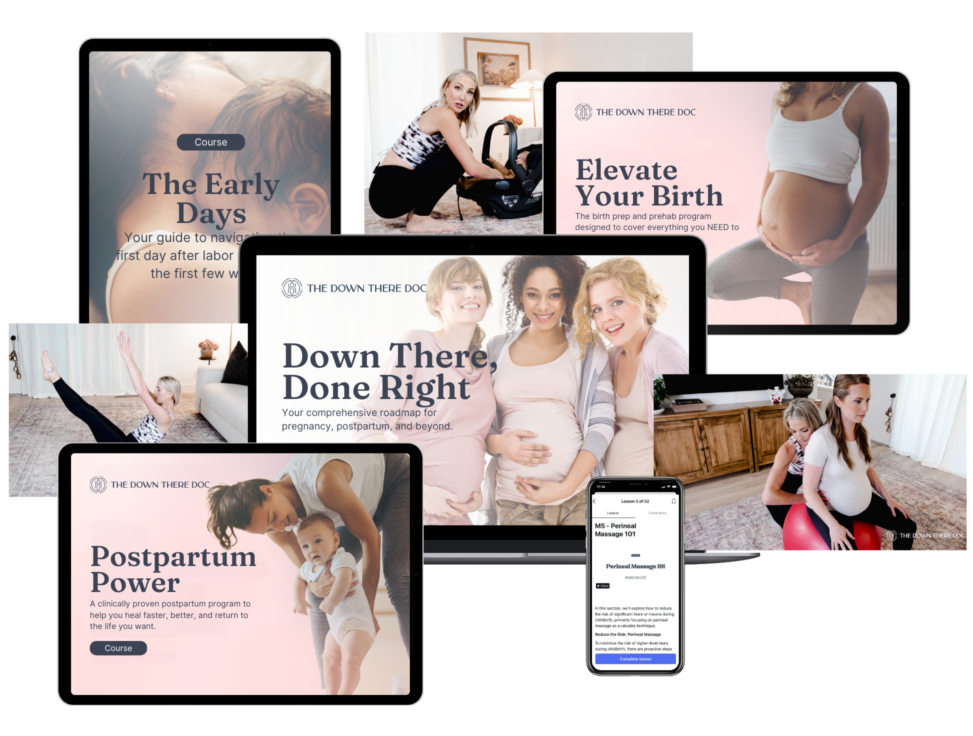
Symptoms of Vulvar Varicosities
The symptoms of vulvar varicosities can vary from woman to woman, but they typically include pain, discomfort, and swelling in the vulvar area. Some women may also experience itching or a feeling of fullness in the area. Vulvar varicosities can also be visually noticeable, with the veins appearing dark purple or blue and bulging from the skin.
Do they go away? Is it temporary?
First things first, they’re not here to stay forever! The good news is that for most women, these little vein intruders are temporary, flared up the most during later stages of pregnancy. As your body adjusts post-pregnancy or due to hormonal changes, these varicosities often bid farewell in due time. So, fear not, my friends, they’re usually just temporary, although sucky.
Are there defined degrees of severity?
Let’s take a closer look at the severity levels of these unwelcome veins. Think of it as a spectrum, ranging from “mildly annoying” to “I need some TLC for my vulva, ASAP!” For some lucky ladies, varicosities might be more of a subtle annoyance. But for others, they can be more pronounced and cause discomfort or pain. It’s essential to be aware of the range and communicate any concerns with your trusted healthcare provider.
What activities would they limit someone from performing?
Here’s the deal, vulvar varicosities can put a little kink in your plans. Activities like prolonged standing, heavy lifting, or even intense exercise may provoke discomfort or exacerbate symptoms. It’s not a forever limitation. With proper self-care, modifications, and guidance we can make the symptoms decrease and help you feel more comfy, DownThere.
Beyond the physical discomfort, these veins can play mind games with your self-confidence. But listen you are so much more than a few veins! By seeking support, educating yourself, and embracing self-love, you can reclaim your confidence and try not to worry about them too much.
Ladies, remember that your pregnancy journey is beautifully unique, and every bump in the road brings an opportunity for growth and self-discovery. Vulvar varicosities may be an unexpected twist, but with the right knowledge and support, you’ve got this!
Treatment Options for Vulvar Varicosities
There are several management and treatment options available for vulvar varicosities.
Compression garments
When it comes to managing vulvar varicosities, compression garments can be a lifesaver. These specially designed elastic garments provide gentle pressure to the affected area, improving circulation and reducing discomfort.
Look for compression underwear or shorts that offer support without compromising your fashion game. Just slip into your compression gear and let it work its magic, providing relief while you continue your everyday activities.
Check out my favorite company for compression garments, SRC Health, and use code: #Marcy_Crouch for a discount!
Elevation
Elevating your feet can be a simple yet effective technique to alleviate the discomfort caused by vulvar varicosities. Whenever possible, prop up your feet on a cushion or ottoman, allowing gravity to work in your favor by reducing the pooling of blood in the affected veins. So kick back, relax, and let your feet reach new heights, giving those veins a break from the downward flow.
Avoid standing or sitting for long periods of time
A good rule of thumb is to give those veins a break from prolonged standing or sitting. When you’re on your feet or sitting for extended periods, it can worsen the symptoms of vulvar varicosities, due to increased pressure down there, gravity, and decreased venous return.
So make it a point to take regular breaks, stretch your legs, and keep the blood flowing. Walk around, do a little dance, or even march in place. Your veins will thank you for the movement and the mini-breaks throughout the day.
Pelvic floor physical therapy
Ah, the wonders of pelvic floor physical therapy! This focuses on strengthening the muscles and connective tissues in your pelvic region.
For women dealing with vulvar varicosities, pelvic floor physical therapy can help improve circulation, reduce discomfort, and provide overall pelvic health benefits.
A trained physical therapist can guide you through exercises and techniques tailored to your specific needs, and make sure the rest of the pregnancy goes smoothly.
If you’d rather do an at-home program, check out my online course Down There Done Right!
In severe cases, surgery may be necessary to remove the affected veins
In more severe cases where conservative measures don’t provide sufficient relief, surgery may be considered. This typically involves the removal or ligation of the affected veins to alleviate symptoms and improve overall comfort.
Surgical options vary, and your healthcare provider will assess your specific situation to determine the most suitable approach. Remember, surgery is generally reserved for severe cases and should be discussed thoroughly with your trusted medical professional.
Conclusion
Vulvar varicosities can be a painful and uncomfortable condition during pregnancy, but there are treatment options available to help manage symptoms. If you are experiencing symptoms of vulvar varicosities, talk to your healthcare provider or a pelvic floor physical therapist for guidance on the best course of treatment for your individual needs. Remember, taking care of your body during pregnancy is essential for a healthy and happy pregnancy journey.

